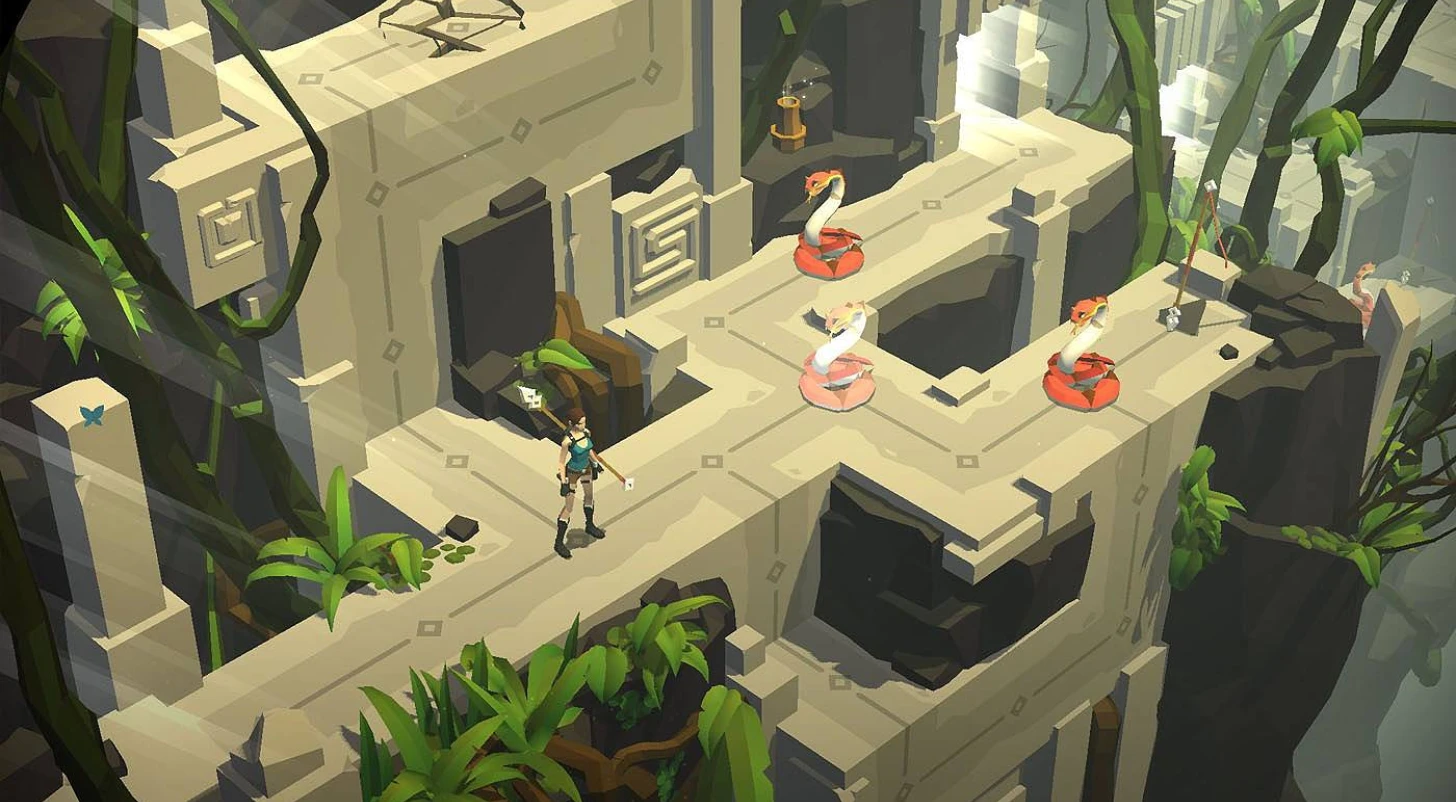Top Techniques to Excel in Multiplayer Puzzle Games for Free and Beat Your Buddies
Top Techniques to Excel in Multiplayer Puzzle Games for Free and Beat Your Buddies
Blog Article
Examination Your Strategic Abilities in the Most Engaging Multiplayer Games
In the ever-evolving landscape of multiplayer gaming, strategic abilities are the cornerstone of success, using players an opportunity to display their tactical expertise throughout various styles. From the high-stakes strength of real-time technique face-offs to the careful preparation needed in turn-based tactical battles, each game presents a special obstacle that evaluates the limitations of critical thinking. As players involve in team-based competitors or cooperative experiences, the requirement of quick decision-making and partnership becomes apparent. But what absolutely sets these games apart, and how do they push your calculated abilities beyond conventional limitations? The answers await expedition.
Real-Time Technique Showdowns
Real-time technique (RTS) face-offs have long been a keystone of involving multiplayer video gaming, fascinating players with their blend of tactical depth and fast-paced decision-making. These games call for players to take care of sources, develop armies, and devise complicated strategies in real-time, typically versus just as knowledgeable opponents. The consistent pressure to adapt and outmaneuver opponents in a vibrant atmosphere is what establishes RTS video games apart, making them a preferred among competitive gamers.
One of the defining features of RTS showdowns is the emphasis on multitasking and resource management. Gamers should assign their attention throughout numerous jobs, such as gathering resources, constructing buildings, and deploying units tactically across the field of battle. This requires quick reflexes and an acute capacity to focus on actions, commonly bring about extreme, adrenaline-fueled matches.
Notable RTS games such as "StarCraft II," "Age of Empires," and "Command & Conquer" have left enduring marks on the genre, offering diverse gameplay auto mechanics and richly in-depth worlds. Multiplayer puzzle games for free. These titles have actually cultivated specialized areas and affordable scenes, where gamers sharpen their skills, research study techniques, and involve in high-stakes tournaments. The attraction of RTS showdowns depends on their capability to challenge gamers' strategic acumen and reflexive prowess in equivalent procedure
Turn-Based Tactical Fights
These games use gamers the possibility to ponder over each move, promoting a chess-like environment where insight and careful planning are extremely important. Players should anticipate their challengers' activities, adjust to advancing circumstances, and perform well-thought-out techniques to secure victory.
In multiplayer settings, turn-based tactical battles come to be arenas for intellectual battles. Rivals participate in complex mind video games, anticipating and countering each other's techniques with accuracy. Popular games like "XCOM 2" and "Human being VI" exemplify this gameplay, motivating players to think about every feasible variable before committing to a training course of action. The asynchronous nature permits thoughtful decision-making, making each experience an examination of wits and persistence.
Additionally, turn-based tactical fights usually include varied devices and capabilities, including layers of intricacy to every match. Gamers need to balance offending maneuvers with defensive techniques, take care of resources judiciously, and take full advantage of the possibility of their forces. This genre's long-lasting appeal hinges on its capacity to test gamers' tactical acumen in a managed, purposeful setting.
Cooperative Approach Experiences
These games call for gamers to work together in the direction he has a good point of usual goals, leveraging each gamer's one-of-a-kind skills and strengths to conquer challenges. Titles such as "Overcooked" and "Deep Rock Galactic" exhibit this genre, emphasizing the need for gamers to synchronize their techniques and actions.

The allure of cooperative strategy experiences exists in their capability to enhance interpersonal abilities while giving a engaging and difficult gameplay experience. These video games grow a feeling of unity and common function, providing players a fulfilling alternative to traditional competitive pc gaming landscapes.
Affordable Team-Based Difficulties
Affordable team-based obstacles offer a dynamic arena where players pit their abilities against opposing groups, stressing both specific ability and seamless group sychronisation. These video games call for individuals to balance personal prowess with tactical cooperation, cultivating an unique setting where team effort is extremely important. Success in such setups commonly depends upon the capability to interact effectively, perform well-planned techniques, and adjust quickly to unfolding scenarios.
The engaging nature of these difficulties appears in the varied series of video games that supply team-based competition. Titles like "Organization of Legends," "Overwatch," and "Counter-Strike: Global Offensive" go to the center, each giving distinctive gameplay auto mechanics that demand communication and tactical acumen. In these arenas, the team's efficiency is as critical as the individual contributions of its participants, making every function significant to the general result.
Furthermore, competitive team-based games grow a feeling of sociability and shared success. Gamers need to find out to trust fund and depend on each various other, creating bonds that boost the gaming experience. The stress of dealing with awesome opponents even more magnifies the excitement, making sure that individuals are continuously challenged to elevate their strategic thinking and gameplay implementation.
Mind-Bending Puzzle Fights
While competitive team-based obstacles highlight collaboration and technique, mind-bending puzzle battles use a different type of intellectual involvement, concentrating on private problem-solving and cognitive prowess. These games test the restrictions of analytical thinking and imagination, needing gamers to browse complex scenarios and resolve elaborate challenges. Unlike team-based games, the emphasis here is on personal success and imagination, typically under the stress of time constraints or intensifying difficulty degrees.
Players need to work out spatial thinking, logical deduction, and pattern recognition. Titles such as "The Witness" and "Portal 2" serve as ultimate examples, challenging players with multidimensional problems that demand deep focus and ingenious strategies.
Additionally, multiplayer challenge additional resources games present an one-upmanship by enabling gamers to pit their analytic abilities against others. Games like "Maintain Speaking and No one Explodes" need gamers to communicate successfully to address challenges cooperatively, mixing the thrill of competitors with the satisfaction of joint achievement. Inevitably, these video games supply an enriching experience, honing tactical reasoning in an uniquely engaging atmosphere.
Conclusion
To conclude, the varied array of multiplayer games provides an exceptional platform for refining critical abilities across numerous styles. Real-time technique showdowns like "StarCraft II" need quick decision-making and resource management, while turn-based tactical battles highlight systematic preparation. Cooperative approach experiences such as "Deep Rock Galactic" emphasize synergy and partnership, whereas competitive team-based difficulties, including "League of Legends," call for coordination and versatility. These dynamic environments collectively promote the advancement of critical reasoning, improving both specific and cumulative pc gaming experiences.
These video games need players to take care of sources, construct armies, and design complicated techniques in real-time, usually versus just as skilled challengers. These games need players to function together in the direction of usual goals, leveraging each player's distinct abilities and toughness to conquer difficulties.In cooperative method games, gamers usually think roles with specific duties, requiring a deep understanding of their own capacities as well as those of their colleagues. The dynamic nature of these video games demands flexibility, as players should readjust their approaches in real-time to accommodate evolving scenarios.

Report this page